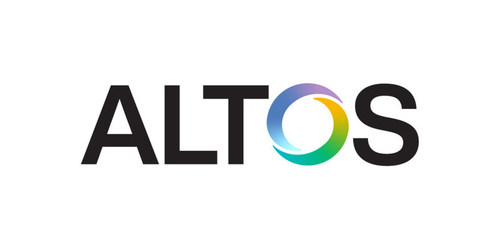Rejuvenation by controlled reprogramming is the latest gambit in anti-aging
By Michael Eisenstein,
Nature Biotechnology
| 01. 19. 2022
On 19 January, co-founders Rick Klausner and Hans Bishop publicly launched an aging research initiative called Altos Labs, with $3 billion in initial financing from backers including tech investor Yuri Milner and Amazon founder Jeff Bezos. This is the latest in a recent surge of investment in ventures seeking to build anti-aging interventions on the back of basic research into epigenetic reprogramming. In December, cryptocurrency company Coinbase’s cofounder Brian Armstrong and venture capitalist Blake Byers founded NewLimit, an aging-focused biotech backed by an initial $105 million investment, with the University of California, San Francisco’s Alex Marson and Stanford’s Mark Davis as advisors.
The discovery of the ‘Yamanaka factors’ — four transcription factors (Oct3/4, Sox2, c-Myc and Klf4) that can reprogram a differentiated somatic cell into a pluripotent embryonic-like state — earned Kyoto University researcher Shinya Yamanaka a share of the Nobel prize in 2012. The finding, described in 2006, transformed stem cell research by providing a new source of embryonic stem cell (ESC)-like cells, induced pluripotent stem cells (iPSCs), that do not require human embryos for their derivation...
Related Articles
By Diaa Hadid and Shweta Desai, NPR | 01.29.2026
MUMBRA, India — The afternoon sun shines on the woman in a commuter-town café, highlighting her almond-shaped eyes and pale skin, a look often sought after by couples who need an egg to have a baby.
"I have good eggs,"...
By George Janes, BioNews | 01.12.2026
A heart attack patient has become the first person to be treated in a clinical trial of an experimental gene therapy, which aims to strengthen blood vessels after coronary bypass surgery.
Coronary artery bypass surgery is performed to treat...
By Staff, ScienceDaily | 01.05.2026
Scientists at UNSW Sydney have developed a new form of CRISPR technology that could make gene therapy safer while also resolving a decades-long debate about how genes are switched off. The research shows that small chemical markers attached to DNA
...
Following a long-standing CGS tradition, we present a selection of our favorite Biopolitical Times posts of the past year.
In 2025, we published up to four posts every month, written by 12 authors (staff, consultants and allies), some in collaboration and one simply credited to CGS.
These titles are presented in chronological order, except for three In Memoriam notices, which follow. Many more posts that are worth your time can be found in the archive. Scroll down and “VIEW...




